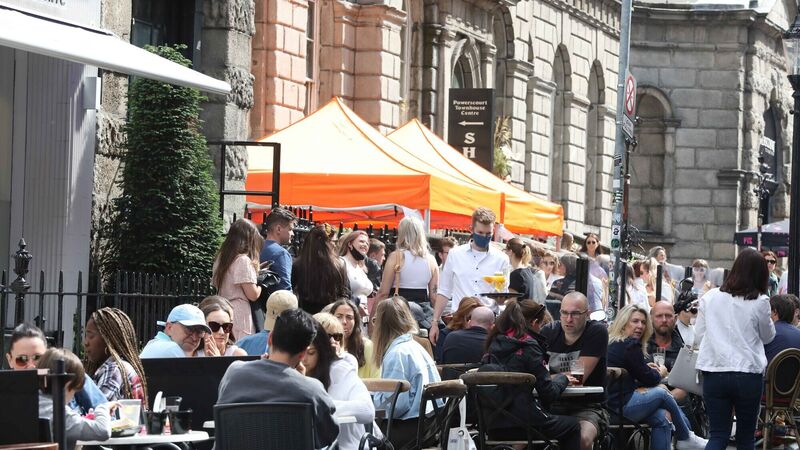Joyce Fegan: Accepting the uncertainty of a hybrid life

While indoor dining is no longer a discussion, but a plan, the debate has moved to allowing or not allowing younger people to dine indoors
This week I found myself reminiscing back to January. The temperature ranged between zero and eight degrees. No one was allowed into your home. You weren’t allowed into anyone else’s home. The schools were closed. Takeaway coffee was the extent of our permitted public dining. And you couldn’t travel 5km outside your home, let alone outside your county.
The news was dire. Friends in the frontline of medical care confirmed the so-called sensational headlines. One friend who worked directly with Covid-19 patients said: “It’s wild in here.” Wild wasn’t meant in a good way. She was trying to be euphemistic.











